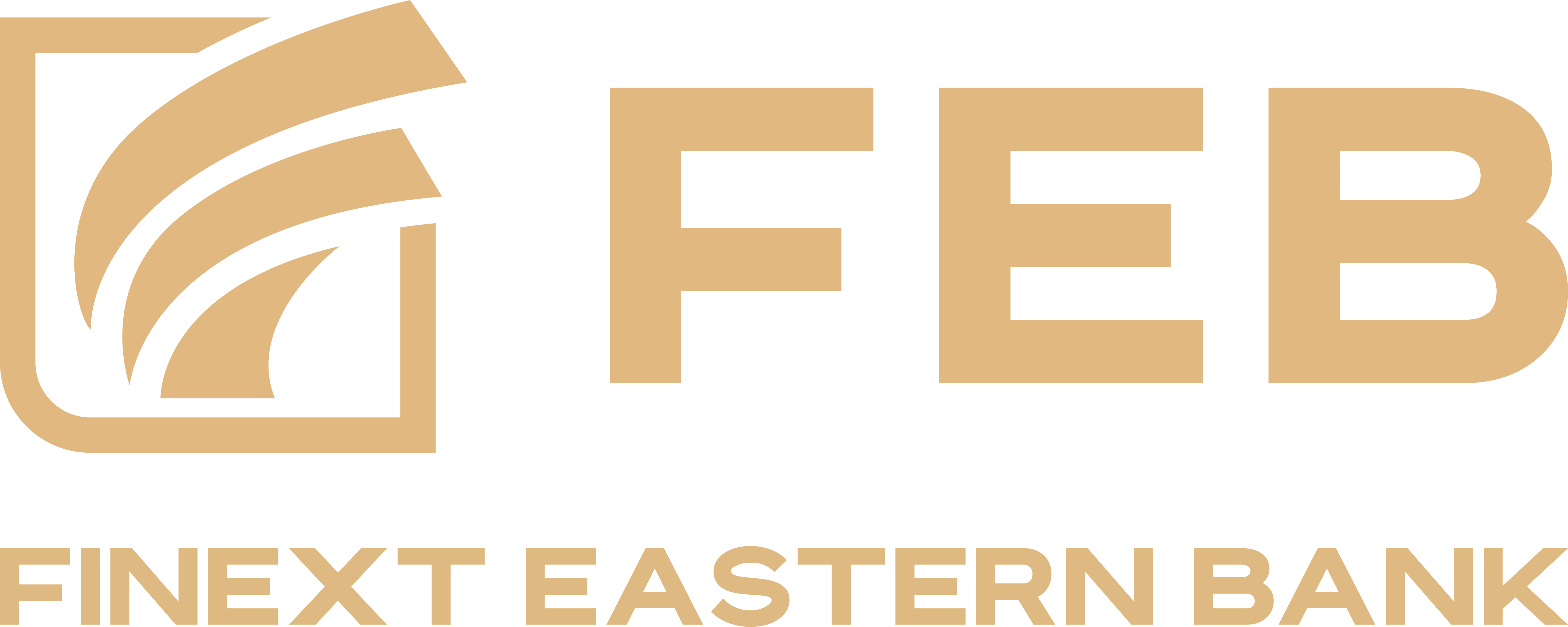Article by Stefano Virgilli for Finext Eastern Bank
Member of the International Press Association
The virus that took the world by storm came with plenty of terrible news in 2020, but as the clouds of the disease and the recession begin to fade, we can see some rays of sunlight on the horizon of 2021.
One of the most interesting aspects of the global lockdown was the necessity to keep essential services going despite the movement restrain. As always, logistics must continue. Even during wars, the logistic mechanism is always working. Perhaps it is one of the very few sectors that actually gains traction as the crisis deepens. However, logistics alone is unable to carry the weight of the economy if the financial sector is not matching its speed.
And this is the second great piece of news: finance has somehow benefited from COVID-19. As mobility was forbidden over the past few months, financial regulators and financial institutions around the world had to quickly find ways to simplify access to credit, removing obstacles and barriers that are usually in place during “normality”. But with an ongoing pandemic lockdown, nobody could afford to go to the bank to sign documents, and those banks that still required manual processes were strongly urged to embrace paperless procedures.
Digitalisation has also pushed financial institutions for a broader adoption of APIs (Application Programming Interfaces) to connect their systems to the facilities offered by third party providers. A classic example is the ability to automatically read transaction data. When a person wants to transfer money to a third-party digital wallet for instance, often the easiest solution is to simply perform a bank transfer for the desired amount from the person’s account to the bank account of the company managing the wallet. However, when APIs are not in place, the company receiving the transfer would not be able to tell when the payment is in. Hence, delays could occur between the time when the transfer is done and the moment when the balance is reflected in the person’s digital wallet. However, APIs are able to recognize the transaction and automatically credit the balance without human intervention.
On a larger scale, automation and digitalization have proven to be essential during the lockdown at every level of the economy and finance: from business-to-government transactions, to business-to-business transfers. So when innovative logistics meet digitized finance, the results can be extremely encouraging. Now keeping the notion of APIs in mind, an example is when not only monetary transfers are automatically tracked and recorded, but also the movement of goods and the relevant services. The result is semi-automated trade finance.
If there is one thing that COVID has forced us to use is to become more efficient and ingenious, minimizing our efforts and maximizing both results and speed of execution.
This opinion piece was commissioned by Finext Eastern Bank (“Bank”) and does not represent the views of the Bank or its owners.






